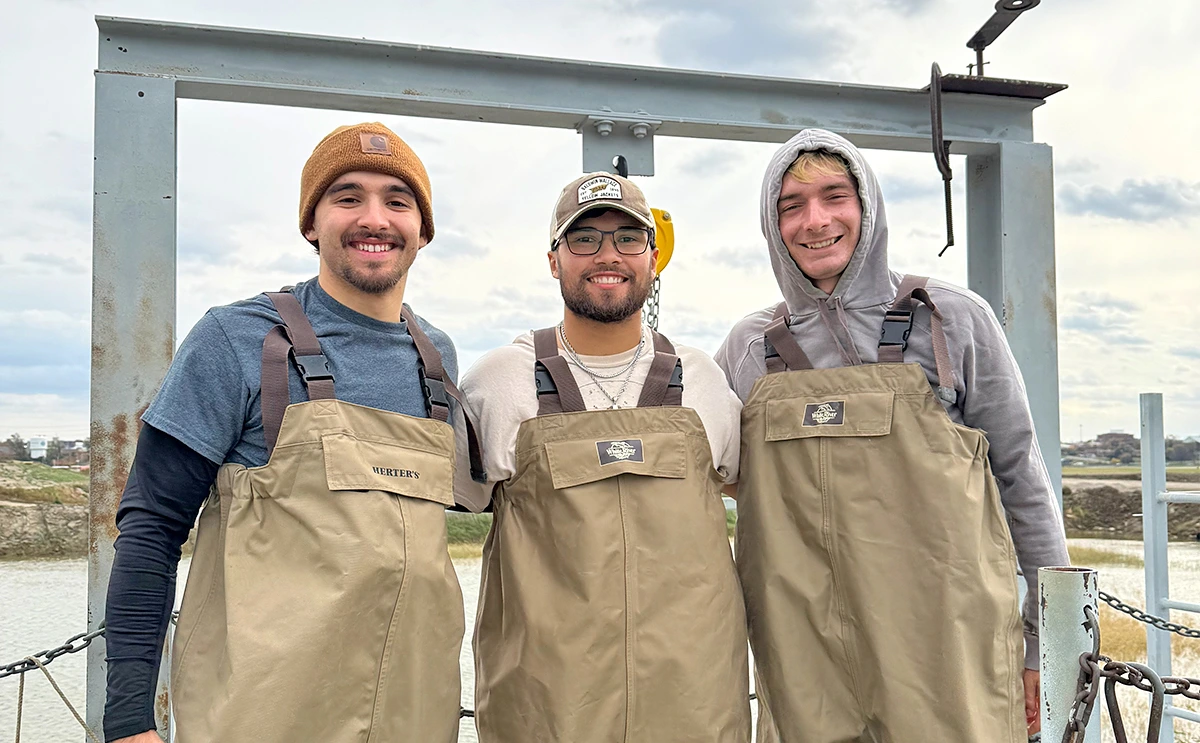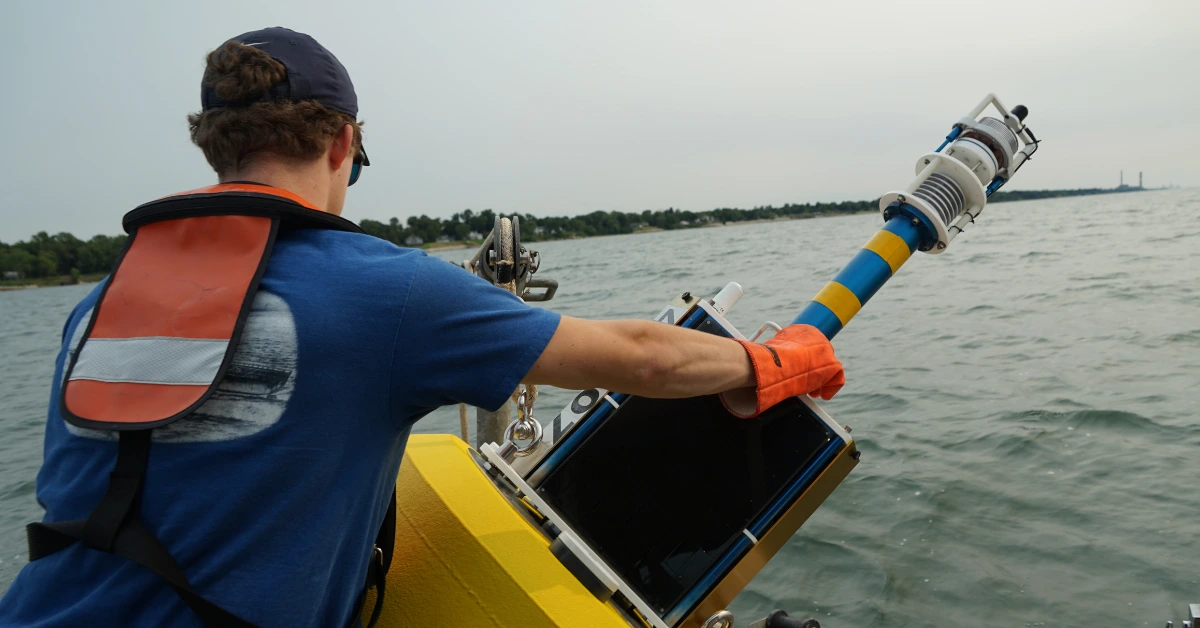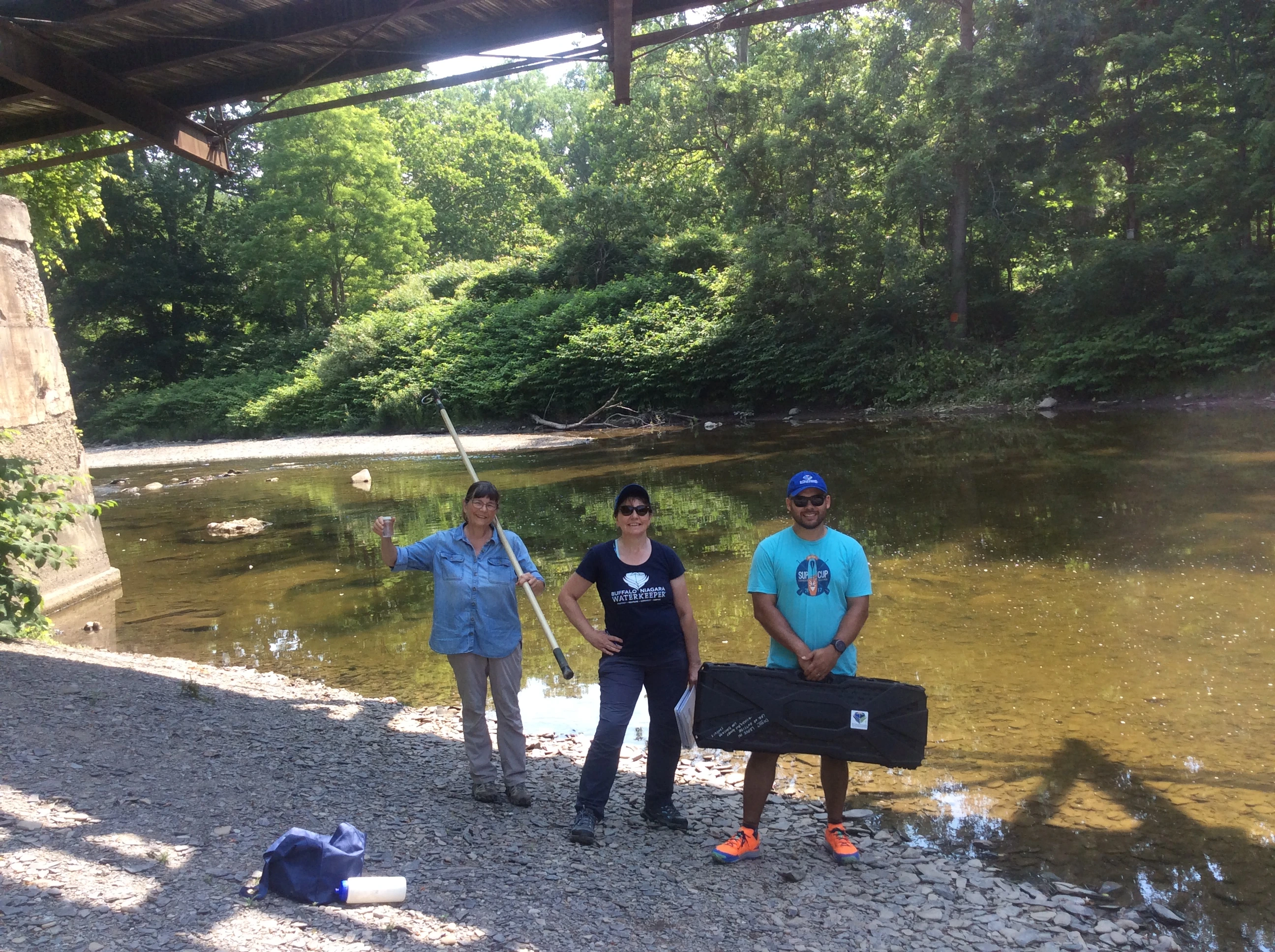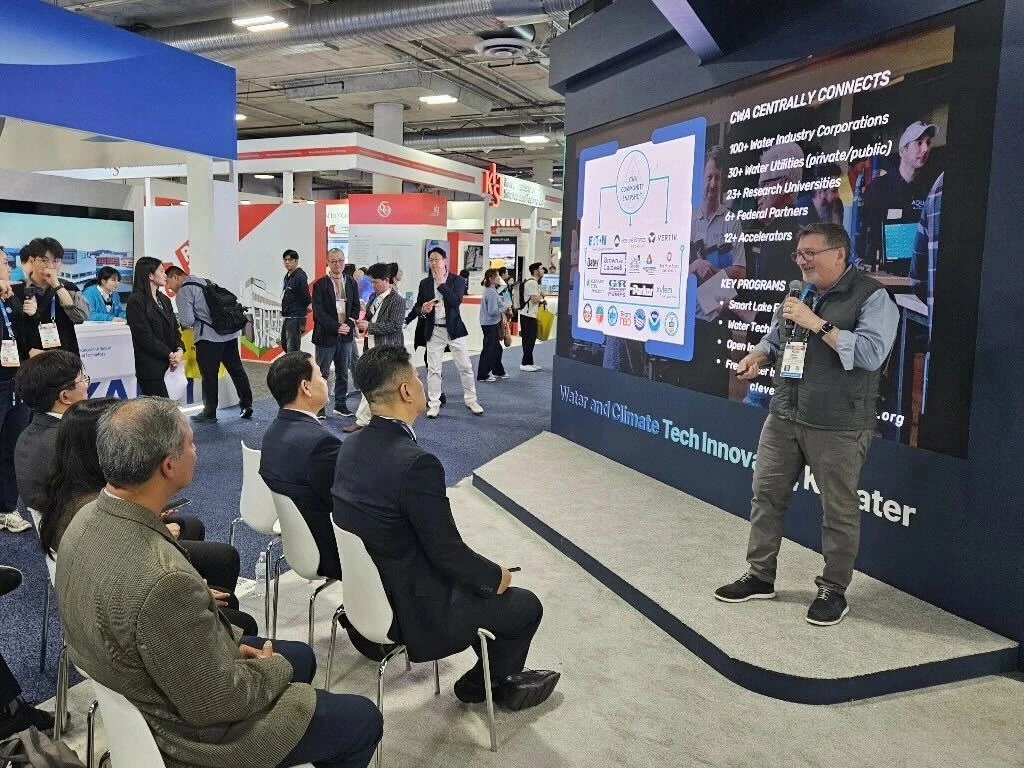CWA's Max Herzog shared insights from his experience at the ACE24 conference in Anaheim. He highlighted the growth of AI and remote sensing applications, PFAS removal solutions, and the importance of collaboration in addressing water quality and climate resilience issues.
Listen to this article
From June 10-13, I had the pleasure of attending the ACE24 conference in Anaheim, California, organized by the American Water Works Association (AWWA). This four-day event, accompanied by a three-day trade show, brought together water sector professionals from around the world to learn, connect, and be inspired to tackle today’s global water challenges.

Innovation and Technology
At ACE24, the exchange of ideas and exploration of innovations was at the forefront.

The conference provided numerous opportunities to delve into timely water sector topics, innovations, issues, and trends. It was a hub of activity, brimming with professionals eager to discuss and solve the pressing problems facing our industry.
During my time at the conference, I connected with over 30 companies dedicated to addressing both emerging and legacy challenges through cutting-edge technology. I was particularly impressed by the rapid growth of AI and remote sensing applications. The integration of these solutions with in-situ data collection is truly transforming our approach to water management. Additionally, it was encouraging to see a diverse range of companies delivering PFAS removal solutions, with a few even tackling PFAS destruction.
![[Full-Width]](https://cdn.prod.website-files.com/6377d77ba46f434de6088bc4/679d0b2bf88de174ce4b99db_66705a8cf352b7024961d8fd_PXL_20240611_192630543.jpeg)
Collaborative Efforts
Parallel events hosted by our friends at the Water Research Foundation (WRF), Xylem, and Altra were also a highlight. These gatherings showcased the leadership of corporate and research partners in convening critical conversations with utilities. It's exciting to witness such collaborative efforts driving the industry forward.

Addressing Water Quality and Climate Resilience
One of the most valuable aspects of the conference was learning about the various ways US and Canadian drinking water utilities are addressing water quality and climate resilience issues. These conversations underscored the importance of our Testbed's de-risked trialing, demonstration, and commercialization services. The seed funding being raised through the Freshwater Innovation Fund is crucial in this regard. Without these supports, innovation cannot be accelerated and adopted quickly enough to effect the change we need.





.svg)










